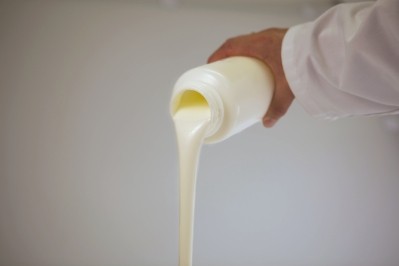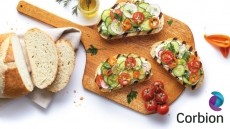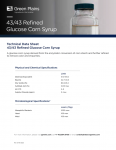EU margarine industry sets stricter trans fat standards

The International Margarine Association of the Countries of Europe (IMACE) says that voluntary measures to reduce trans fat in margarines sold to food manufacturers already have led to an average 76% reduction since 2004, from 7.1% to 1.7%. The organisation also supports mandatory labelling of trans fatty acids from all sources for retail products.
“The IMACE Code of Practice is a successful example of concerted and joint efforts by a sector to offer the best possible products to consumers,” it said in a statement.
Its initial 1995 standards recommended that all margarines and vegetable fat spreads, whether sold at retail or as ingredients, should contain less than 5% trans fat – about the level of butter. The Code of Conduct was updated in 2003 and again in 2007, and now recommends that spreads and margarines should contain no more than 2% trans fatty acids at retail.
For food manufacturers using vegetable fats as ingredients, the organisation said the new Code of Conduct is intended to prompt members to do more to actively encourage food companies to limit trans fats to less than 2% of total fat content.
It added that food companies should ensure saturated fat levels do not rise as a result of reformulation.
Evidence has mounted over the past 20 years that artificial trans fats raise low-density lipoprotein (LDL, or “bad” cholesterol) and lower high-density lipoprotein (HDL, or “good” cholesterol), thereby clogging arteries and causing heart disease. However, trans fats in the form of partially hydrogenated oils are attractive to food manufacturers, as they are solid at room temperature, extend product shelf life, are stable at high temperatures, and are inexpensive alternatives to other solid fats.
More information on IMACE’s latest revised Code of Conduct is available here.














